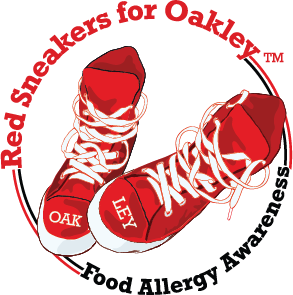Managing Medications With Food Allergies
Whether you have a single food allergy or multiple food allergies, carrying medications (like epinephrine and antihistamines) on you at all times is crucial. You never know when there may be accidental exposure or ingestion.
Here are some important points to consider:
CARRY EPINEPHRINE AUTO-INJECTORS
Always ensure you carry a pair of epinephrine auto-injectors as prescribed by your healthcare provider. Having a second auto-injector on you is essential in case the first one misfires or is not effective the first time around. Only epinephrine is capable of handling symptoms such as difficulty breathing, swelling of the throat, a rapid pulse, and anaphylaxis.
ANTIHISTAMINES
Yes, epinephrine is the first line of defense during anaphylaxis, but non-drowsy antihistamine medications can help manage mild allergic reactions, such as mild hives or itching.
REGULARLY CHECK EXPIRATION DATES
Ensure that all your medications, especially epinephrine auto-injectors, are not nearing expiry or have already expired. Using expired medications may not be as effective or could be potentially harmful too.
WEAR A MEDICAL ALERT BRACELET OR NECKLACE
A medical alert bracelet or necklace that indicates your allergens can be very valuable in case of an emergency. This information will inform medical professionals about your specific food allergies even if you are unable to communicate.
Check out Lauren’s Hope Medical Alert Jewelry. Lauren’s Hope gives back a percentage of sales to RSFO when you use the provided link.
Check out AllerMates Kid’s Medical Alert bracelets and other accessories. AllerMates gives back a percentage of sales to RSFO when you use the provided link.
